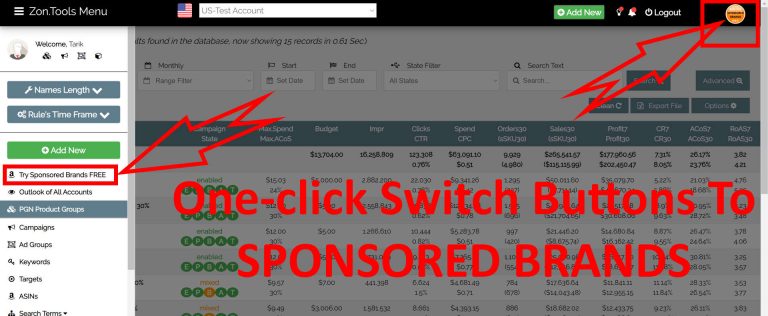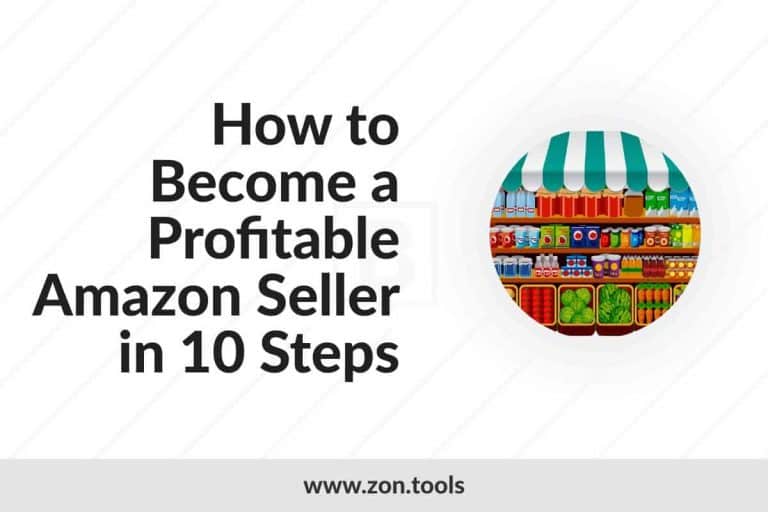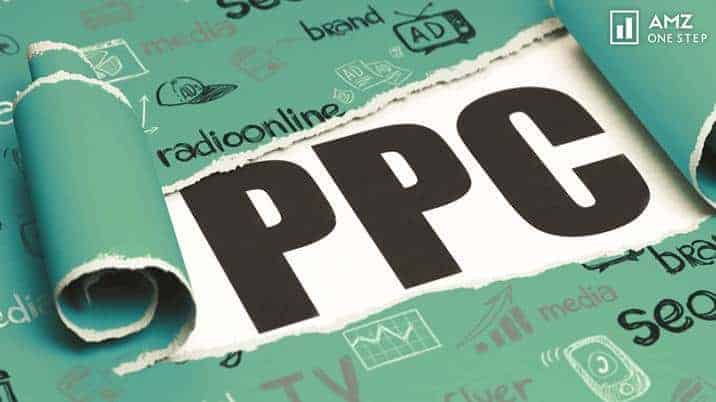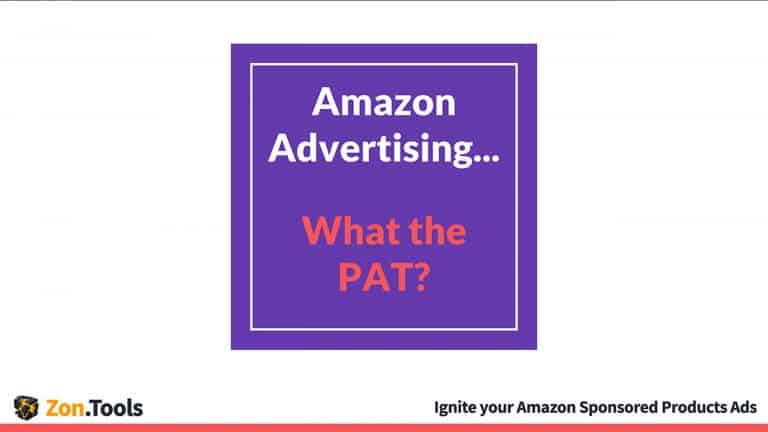Imagine if your business could advertise directly to consumers through the biggest online retailer in the United States. What do you think that would do for your business?
No wonder advertisers have seen a major shift in clients wanting to invest in Amazon PPC as well as Google AdWords. Some brands even moved 50-60% of their Google budgets over to Amazon.
But what is Amazon PPC exactly?
Learn all about this up-and-coming advertising platform and how it can help to boost sales and give you a steady income below.
What is Amazon PPC?
PPC (pay-per-click) advertising refers to when businesses, or an advertiser on behalf of a business, work with a publisher to create and display ads online. The publisher usually owns a website(s) or is a search engine like Google. The business displays an advert through the publisher and pays them every time the ad gets clicked.
Amazon PPC works in the same way, but uses products instead of web pages. Your product displays in the chosen place and you pay when someone clicks on the ad. You do not pay if someone buys the product, only if they click the advert.
The Amazon advertising strategy also includes an auction element similar to the one in Google AdWords.
You choose a keyword or multiple keywords that make sense for your product. Then you place a specific bid on the keyword(s) and your amount gets compared to the others bidding on the same keyword.
If you bid the highest amount, your product appears first in the paid search results and so on and so forth.
Be aware that you cannot create PPC ads for every product category on Amazon. Some examples of available categories include baby, beauty, health and personal care, home and kitchen, pet supplies, etc.
The 3 Types of Amazon Pay Per Click Ads
When someone searches for a product on Amazon, they’re already in the buying mindset. Choosing the right type of Amazon PPC ad means an even higher conversion rate. Here are the three main types of Amazon pay-per-click ads.
1. Headline Search
A headline search ad appears as the most commonly seen type of online advert, a banner ad. Amazon places these ads at the top of a category or search results page and they connect to your Amazon listing or business’s website.
You can choose multiple products to display on one of these ads. You also get the option to create unique copy for each product as well as individual landing pages and URLs.
A headline search offers the most options when it comes to creating a totally unique advert. It also provides the most locations to place it.
2. Product Display
Product display advertisements appear under the “similar product” section on a product page. The many customization options for these ads make them a great option for hyper-specific targeting of your audience.
Understand that your choice will greatly affect your ad’s success. You can choose everything from the ad’s placement on-screen and related interests or categories to complimentary listings and the budgets for each product.
3. Sponsored Product
Finally, a sponsored product ad appears mixed in with the organic search results. They have a small indicator that they’re paid advertisements but look nearly identical to the organic advertisements.
Expect one of these ads to show up below the organic results as well as in the detail pages of similar products and on the right side of search results.
Sponsored ads work well and come with high sales conversions and click-through rates due to their locations and design. Be aware that they work best when you’ve done a lot of research and you know your target audience’s preferred keywords.
Amazon PPC Management: 4 Big Benefits for Your Business
Investing in an Amazon campaign provides your business with many benefits. Check out the 5 biggest ones listed below.
1. Easy to Get Started
Setting up an Amazon pay-per-click campaign does not require a major investment at the start.
Once you’ve done your research and figured out your target audience and keywords, you can set it up for as little as $10 per day.
2. Focus Attention on a New Product
Getting your new product to appear high up organically in Amazon’s search results takes some time.
Amazon tends to organize their results based on the products that sell the best. So your new product does not have enough history to appear at the top.
Using PPC puts your new products in the ideal locations for buyer’s to see them. Even if they don’t click on the ad immediately, it raises awareness about the product. So they might remember it the next time they see and click, which also helps you rank better organically.
3. Run a Seasonal Campaign
Use Amazon PPC to run a seasonal campaign to make the most of customer interests during the season. That means holidays as well as end-of-season campaigns.
Think about what products consumers would most likely buy during Mother’s Day, Christmas, Halloween, etc. Then focus your marketing budget on the most appropriate keywords for those products.
4. Increase Your Product Line’s Visibility
Amazon PPC ads raise awareness about your entire product line much like they do a new product.
Focus on keywords that your products struggle to appear under organically. The paid ads get them more clicks and naturally raises the product’s position in search results.
Automate Your Amazon PPC Campaign for More Conversions
Now you can definitely understand why advertisers and brands want to focus on Amazon PPC in 2019. The benefits and customization options give your business its best chance to reach your customers when they’re in the mood to buy. The only thing you need is time to do it the right way.
But what happens when you don’t have the time really learn what is Amazon PPC or to run a campaign yourself?
You remember we live in the 21st century and automate the process!
The Zon.Tools Enterprise Management and Automation Software allow you to manage your Amazon PPC like never before. Automating Amazon PPC helps you reduce costs and make the most of your marketing budget.
Contact Zon.Tools today to get a 30-day trial copy for only $1!
Also published on Medium.








